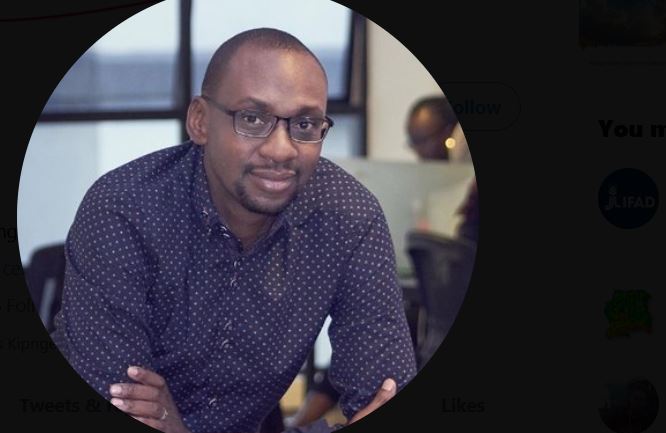×
The Standard e-Paper
Home To Bold Columnists

Ken Njoroge, the co-founder of cellulant will not be the firm’s Chief Executive Officer by the end of this year
In a statement, Njoroge said 2021 will be his last year as the captain after 18 years of running Cellulant.
He will transition from the role of a CEO by the end of June, and spend the rest of the year supporting all the teams and the new leader in the transition. Njoroge will remain a shareholder and director on the board.